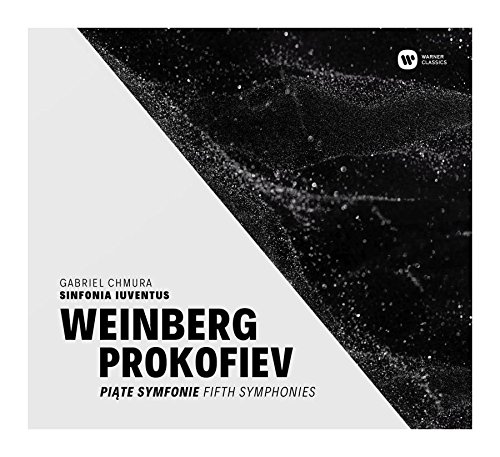This impressive red-bricked building is the Karol Szymanowski Academy of Music, the school of music in Katowice. The imposing gothic front building was originally built for the local parliament, but is now used for music practice and lectures. Behind that, you can just about see the large box-like modern extension, which houses a concert hall, library, and electronic music studios. Notable alumni of the institution include Górecki, Krystian Zimmerman, Eugeniusz Knapik, Aleksander Lasoń, and the Silesian String Quartet.
This is the front of the Silesian Library, the largest library in the region (and one of the newest, opened in 1998). There is a huge music collection here, with an enormous amount of printed materials - I went to consult several quartet scores, as well as to track down several rarer English-language publications.
In the block opposite the Academy of music, there is a cosy 'Museum of Historic Katowice'. Contained across two floors of a large townhouse building, the second floor recreates a middle-class flat in the fin de siècle era. Lighting was tough for photos, but there were several pianos included in the museum (including a square piano from 1840).
Located further north than the Academy is a small residential area, with the Plac Grunwaldzki park in the middle. This features a 'Gallery of Artists', several rather austere-looking monuments to famous artists associated with Katowice. Henryk Górecki is included here, though this likeness depicts a rather serious expression, which doesn't seem to fit with most of the description and testimony of Górecki as a person. Still, it was nice to see a monument to a musical figure.
NOSPR - home of the Polish National Radio Symphony Orchestra. This impressive new building was opened in 2014, and designed by the same architects who built the modern addition to the Academy building (see above). I attended the Chamber Hall for a concert of Russian music given by the Silesian Quartet. The Silesian Quartet are currently in the process of recording a Weinberg cycle, with a new instalment to be released very soon.
I'm currently working through a huge number of Polish quartets, with a mind to featuring as many of them as possible in the new book. Watch this space for updates on future research trips.












